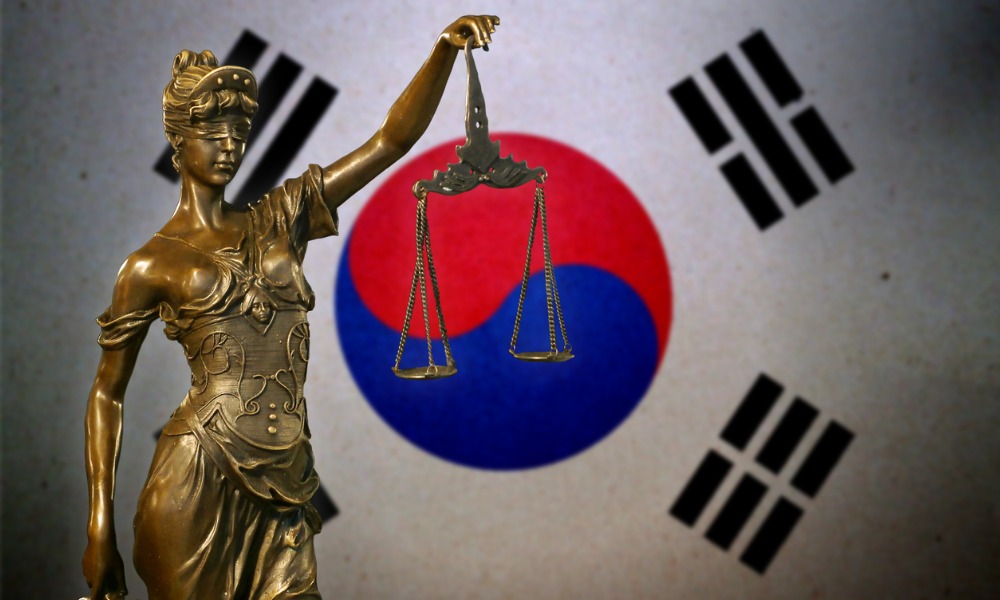Arguably, the best television series of the past 20 years isn't about dragons, New Jersey gangsters (and their psychiatrists) or high school science teachers in the meth business. It's about the Chernobyl nuclear disaster of 1986.
Arguably, the best television series of the past 20 years isn't about dragons, New Jersey gangsters (and their psychiatrists) or high school science teachers in the meth business. It's about the Chernobyl nuclear disaster of 1986.
You can watch Chernobyl as a docudrama about the explosion of a nuclear reactor and the heroism of those like Valery Legasov, Boris Shcherbina, and the firemen, the medical professionals and "liquidators," who risked their lives (and in many cases, lost them) attempting to mitigate the radioactive damage.
You can watch it to learn something about nuclear physics, and how a concoction of enriched uranium 235, graphite, xenon, water and stupidity could make a Soviet reactor explode.
You can watch it from the perspective of a Cold War thriller and how scientists armed with the truth had to navigate around the Soviet bureaucracy, Leninist ideology and the KGB to help prevent the deaths of millions of people.
And you can even watch it from the perspective of architecture, design and the pervasive drabness of life in the old Soviet Union.
But if you put aside all that, you can also look at it through the lens of office politics – even law office politics.
Without giving too much of the plot away (sorry, but the reactor explodes) Episodes one and five show us the steps that were taken immediately prior to the explosion by those who were in charge. And if the television portrayal of the control room accurately reflects reality (the record shows that it does), the reactor exploded spewing radioactivity over the Ukraine, Belarus and other parts of Europe because of careerism and a pervasive culture of workplace abuse and bullying of subordinates.
The three primary Horsemen of the Apocalypse were assistant chief engineer Anatoly Stepanovich Dyatlov, chief engineer Nikolai Fomin and plant manager Viktor Bryukhanov. Bryukhanov wants to be promoted and move from Chernobyl to Moscow and that's not going to happen until a safety test on the reactor has been completed. Fomin covets Bryukhanov's job and wants the safety test completed so that he gets it. Likewise, Dyatlov wants Fomin's job once Bryukhanov gets promoted to Moscow and Fomin moves up the ladder. The three of them desperatly need the test to be conducted that night so that Bryukhanov can report to his superiors that it was done and so that everyone can advance up the Soviet bureaucracy for more prestige and more money. Using a tenuous ( but illistarative) law office analogy, everyone wants to "make senior partner".
The other “office politics” angle is how Bryukhanov bullies Fomin, and how Dyatlov bullies virtually everyone on the reactor floor minutes before the explosion.
"We've never done this procedure before" says one engineer.
Dyatlov throws the manual at him and says "review it or just do what I say." Another engineer, Aleksandr Akimov, knows more than anyone else in the room about the risk to the reactor posed by Dyatlov's orders. When he protests, Dyatlov threatens him with firing and an assurance that, if he didn't do it he was ordered, he would never work in the nuclear industry again. Even Fomin bullies and abuses another engineer by asking him if he “is stupid” before ordering him to look into the core and report back (and certainly die in the process).
In real life, Dyatlov was the worst of the lot. He was such an abuser and bully that his name deserves to be turned into a transitive verb for abuse and bullying in the same way MacGyver has been turned into a transitive verb and an adjective for ingenious and unbelievably improvised technology (I “MacGyvered” my car with a makeshift log for a jack; I am “MacGyvering” a burnt fuse in my car with tinfoil to make the lights work). Thus if someone is bullying you in the workplace, they are doing a “Dyatlov” on you; “Dyatloving” being the equivalent of “MacGivering” but for workplace abuse.
I don't want to take the Dyatlov metaphor too far, but I am aware of a few law firms in my 34 odd years where a culture of bullying articled students, junior associates and staff was tacitly accepted and reluctantly tolerated, depending on how much money the “Dyatloving Partner” generated for the firm. In one firm, an articled student was ordered by the partner to witness a will even though he wasn't in the room at the same time the testator signed it. He was told to "shut up and witness it" when he delicately raised the problem of the will's invalidity in front of the partner with the client in the room. (P.S. if it ever happens to you, don’t do it.)
In another firm, female support staff were fired by their direct bosses after sexual dalliances and lawyers, articled students and staff were routinely screamed at by abusive Partners who were big billers and who could therefore get away with it.
But this was long ago in the ’80s and early ’90s.
I would hope that bullying and abuse within law firms is not tolerated anymore and that procedures are in place where victims of bullying and abuse can complain without fear of losing their jobs. The bad publicity generated by a human rights complaint or other legal action by a victim would have serious consequences for a firm’s reputation and its ability to attract good legal talent (let alone clients). The remote possibility of a victim going public about bullying and workplace abuse should force law firms to implement anti-bullying policies and treat all incidents of abuse and bullying seriously.
If you find yourself at a firm that tolerates abuse and bullying, you’re in the wrong firm. You should move on and, in the process, explain to the firm why you’re leaving in the hope it does something about it. Maybe the firm will keep you and fire the bully.
On the other hand, if you’re the bully, you should fear that stories of your abusive behaviour will “get around” the legal profession. Maybe you’ll have a hard time staying at your firm. Maybe you’ll have a hard time moving to another firm because your reputation as a bully is well known and firms don’t want to risk hiring you.
And maybe, like Dyatlov, someone like me will turn your name into a metaphor for bullying and abuse.











